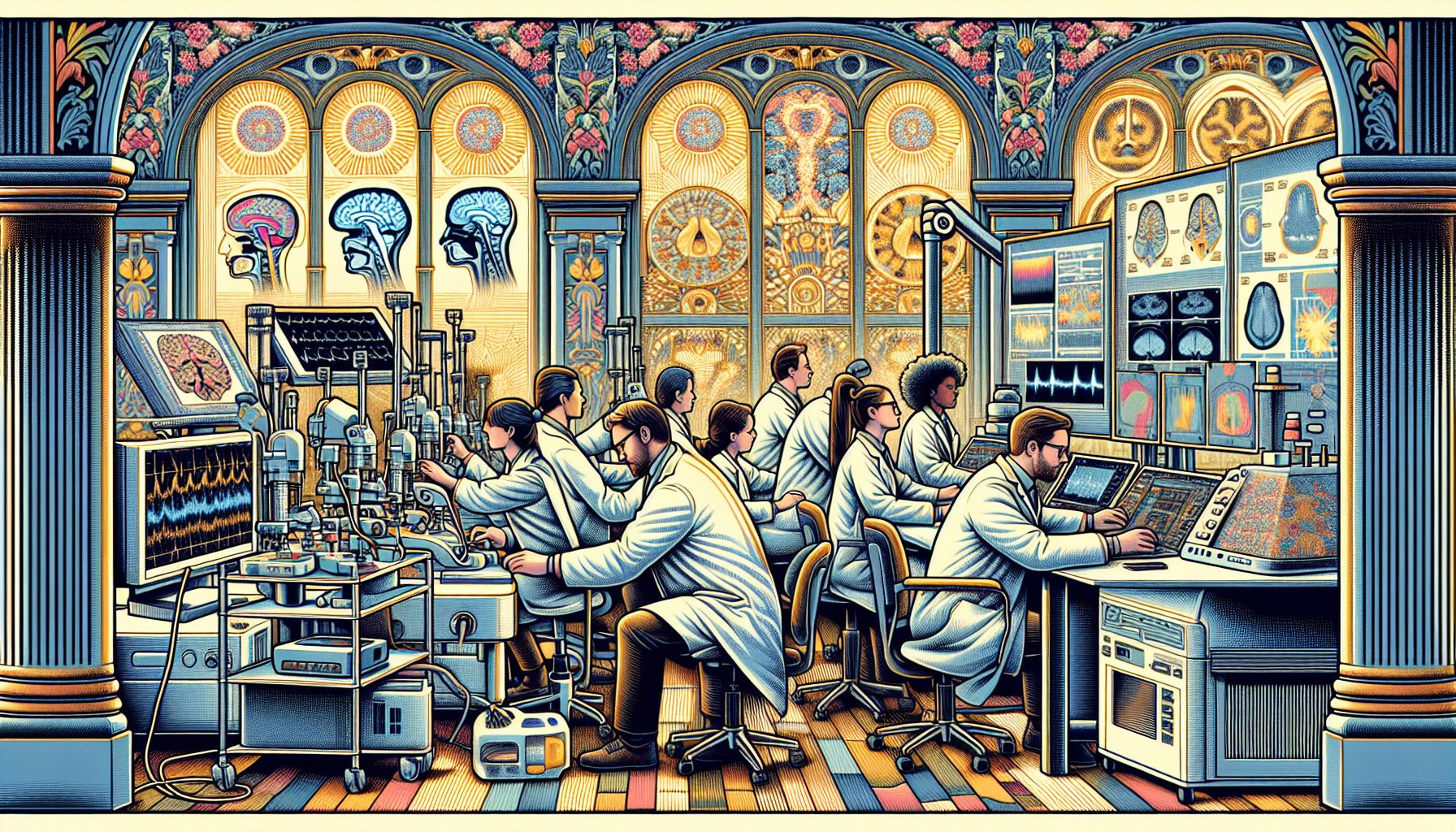University of Twente Secures Funding for Innovative Brain Disorder Research

Twente, Tuesday, 6 August 2024.
Researchers at the University of Twente have obtained NWO funding to explore ultrasound technology as a potential treatment for brain disorders. This groundbreaking project, led by Debby Klooster, aims to validate target engagement using transcranial ultrasound stimulation combined with EEG, potentially revolutionizing neurological treatments.
Innovation in Medical Research
This project falls squarely within the realm of health technology, aiming to leverage advancements in ultrasound technology to address brain disorders. By combining transcranial ultrasound stimulation (TUS) with electroencephalography (EEG), the researchers at the University of Twente seek to optimize brain stimulation responses based on brain states. This method holds the promise of more precise and effective treatments for neurological conditions.
Understanding the Technology
The core innovation lies in the use of TUS, a non-invasive technique that uses focused ultrasound waves to stimulate specific areas of the brain. When coupled with EEG, which monitors electrical activity in the brain, this approach allows for real-time adjustments to the stimulation parameters based on the patient’s brain state. This synchronized system aims to enhance the efficacy of the treatment by ensuring that the brain is in an optimal state for receiving stimulation.
Potential Benefits
The potential benefits of this research are substantial. Current treatments for brain disorders, such as medication and invasive surgeries, often come with significant side effects and varying degrees of efficacy. A non-invasive, ultrasound-based approach could offer a safer, more targeted alternative. By validating target engagement, the research aims to ensure that the right areas of the brain are being stimulated, potentially leading to more effective treatments for conditions like depression, epilepsy, and Parkinson’s disease.
The Team Behind the Research
The project is spearheaded by Debby Klooster, a researcher at the University of Twente, located in Enschede, Netherlands. Klooster’s expertise in combining TUS with EEG is crucial for the project’s success. The University of Twente is known for its strong emphasis on interdisciplinary research and innovation, making it an ideal setting for such a pioneering project.
Future Implications
If successful, this research could pave the way for new, non-invasive treatments for a range of brain disorders. The implications extend beyond immediate medical applications; this technology could also enhance our understanding of brain function and the mechanisms underlying various neurological conditions. Future studies could explore its applications in other areas of medicine, potentially broadening the scope of ultrasound technology in healthcare.

